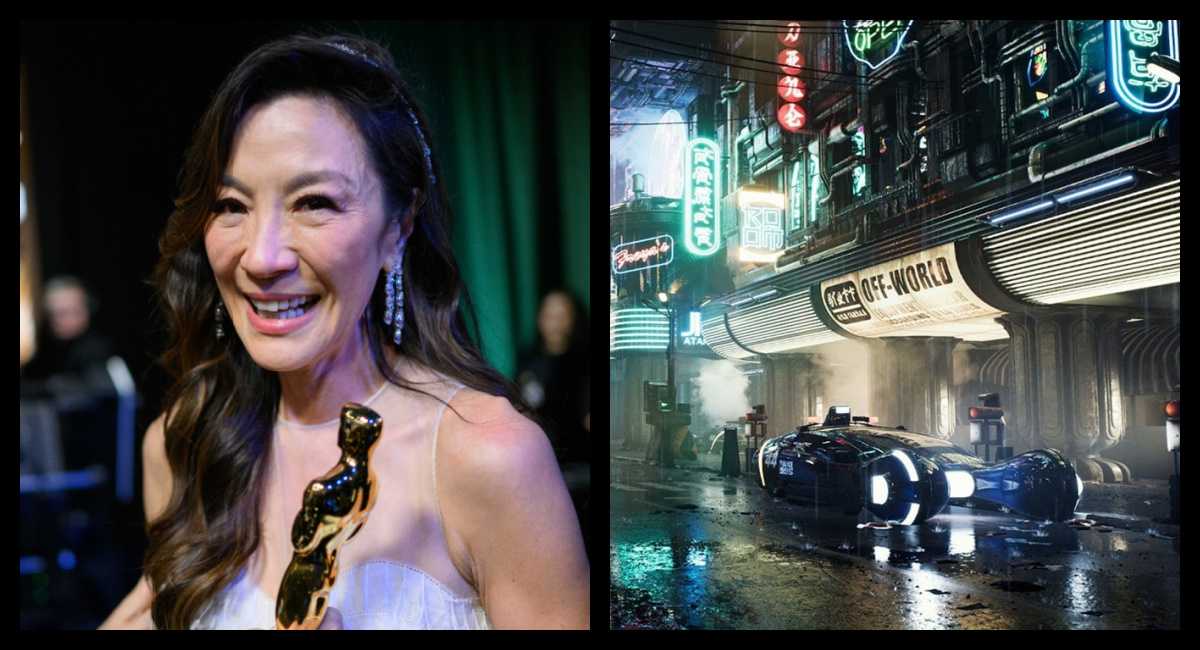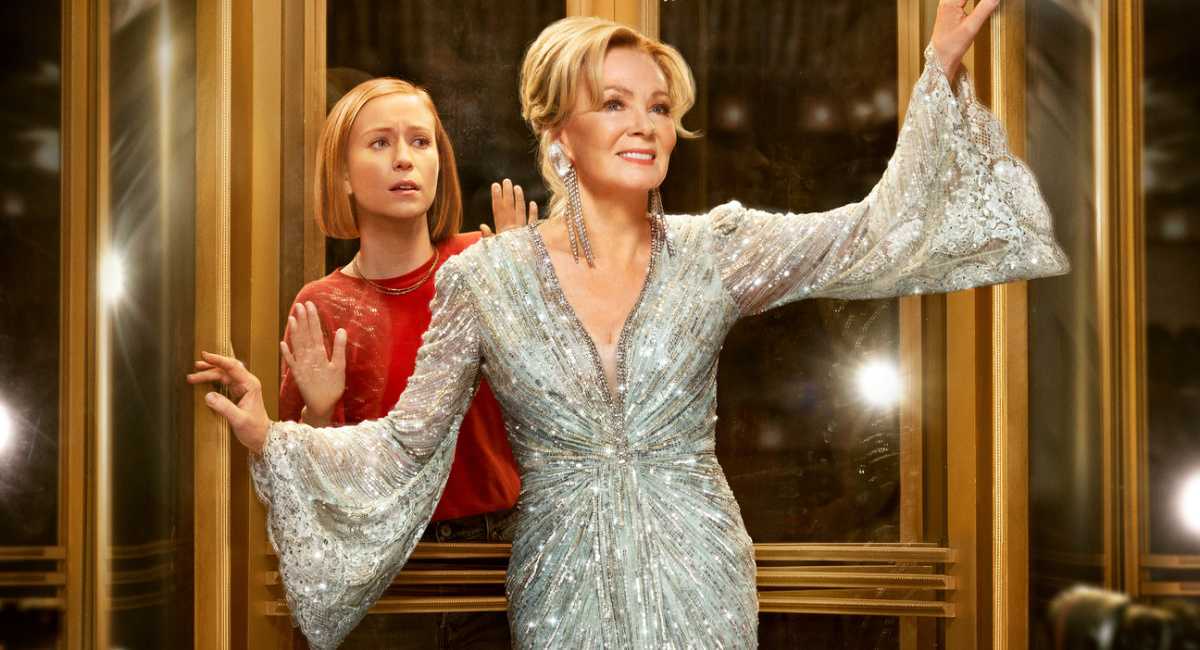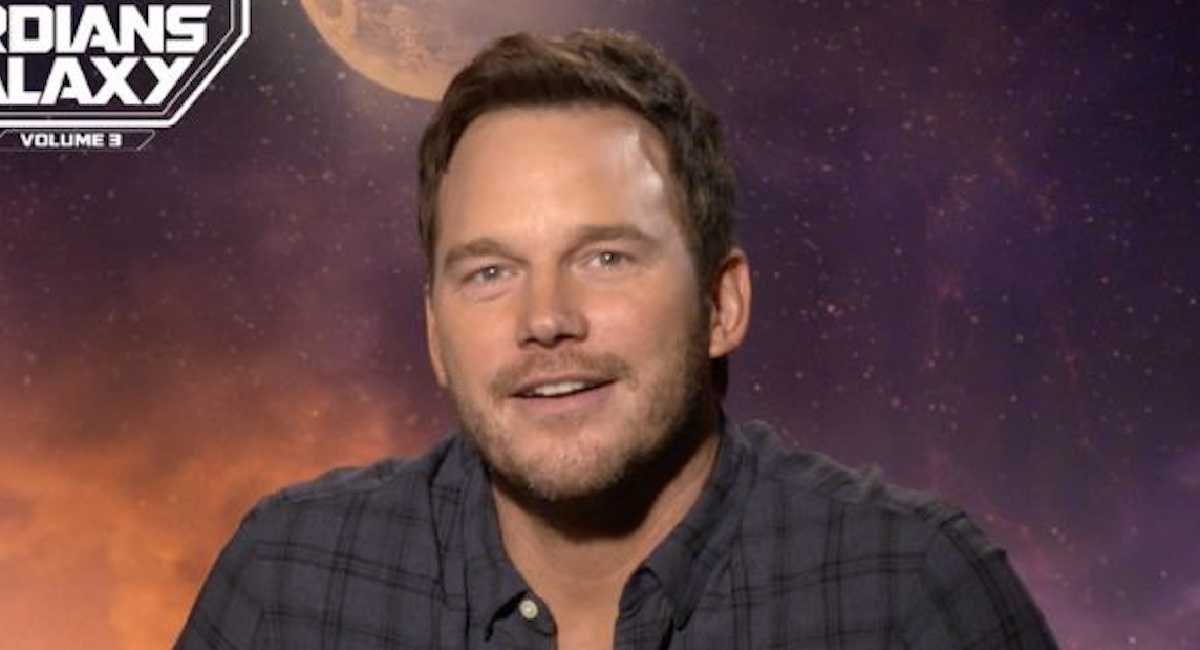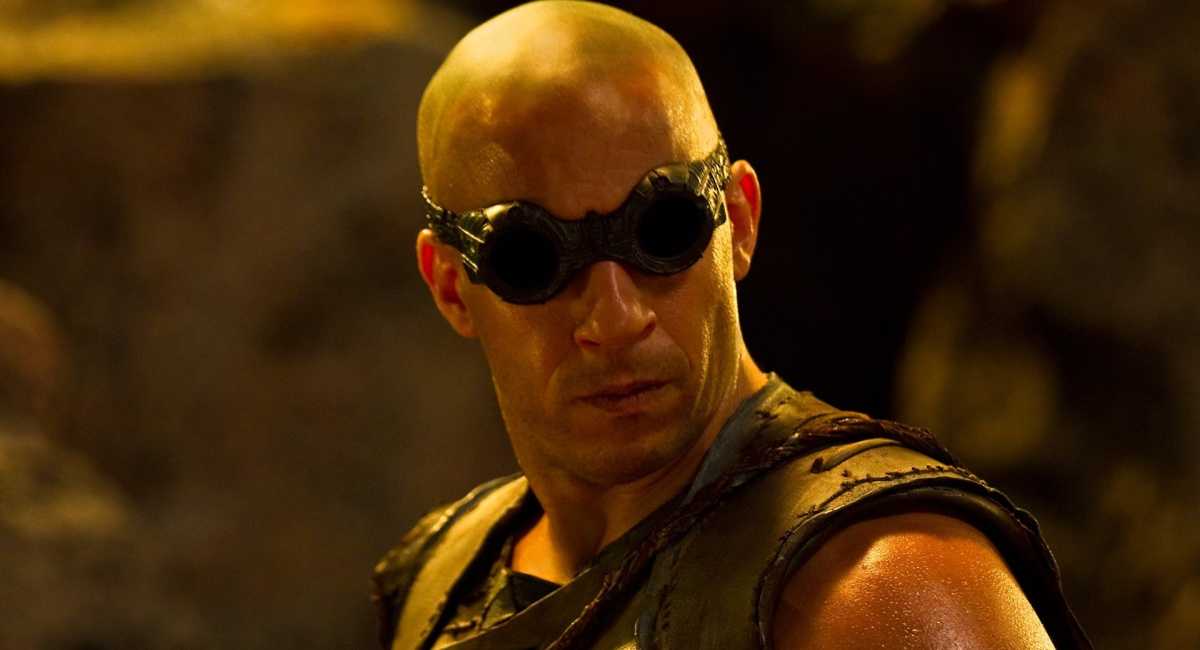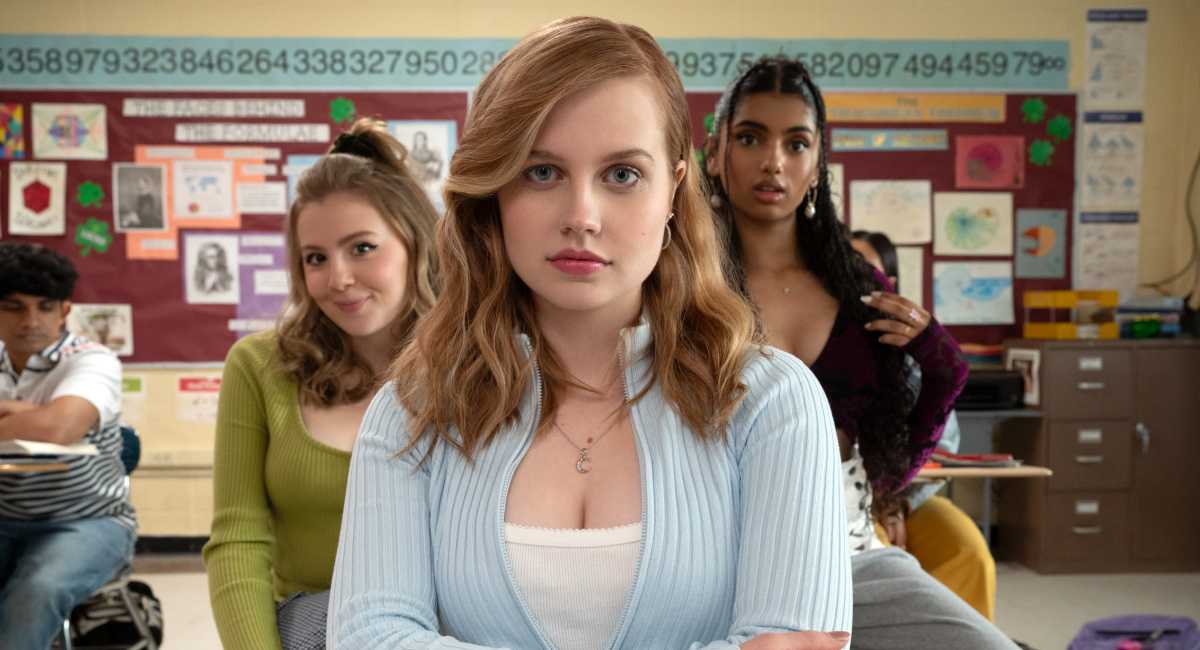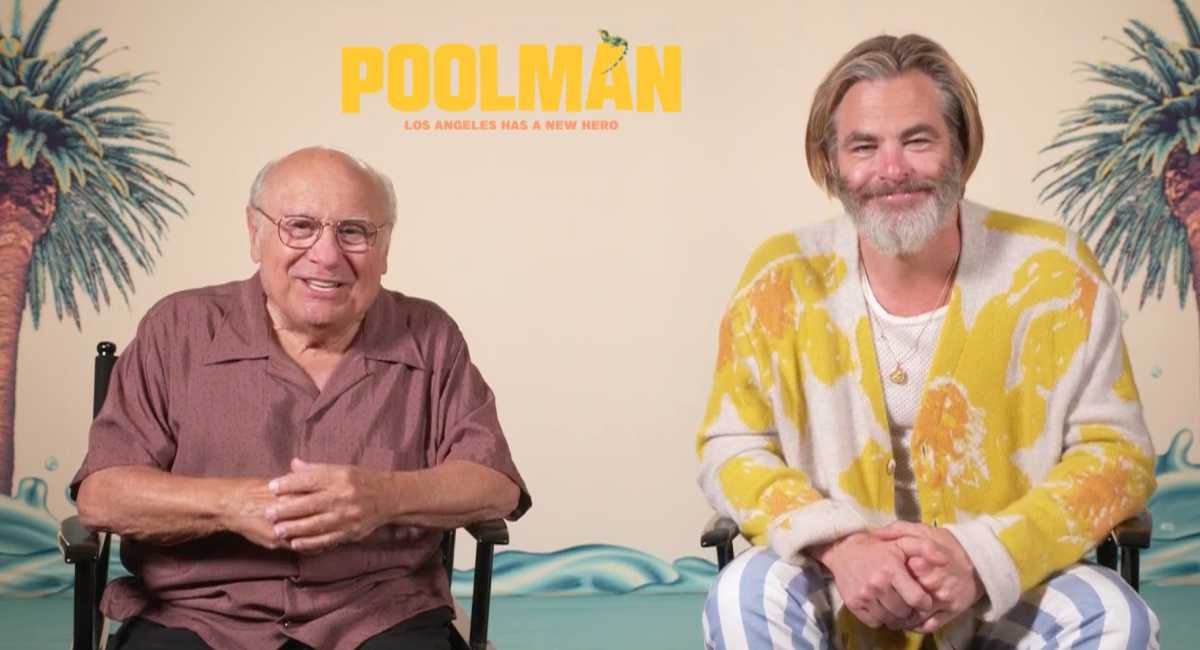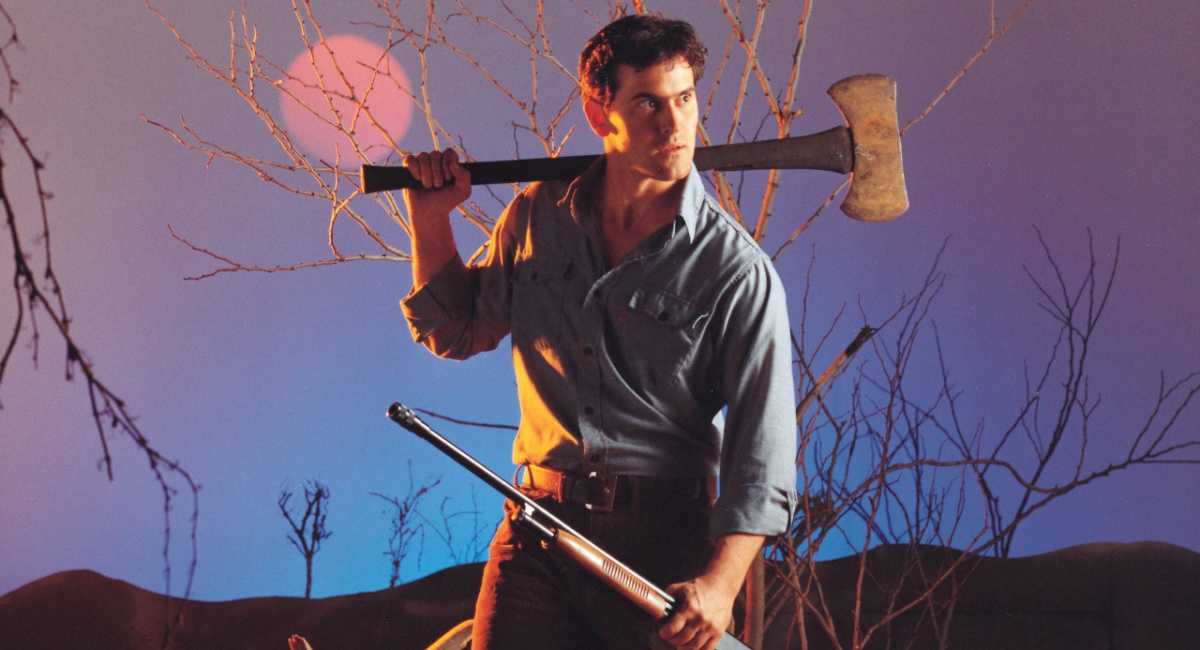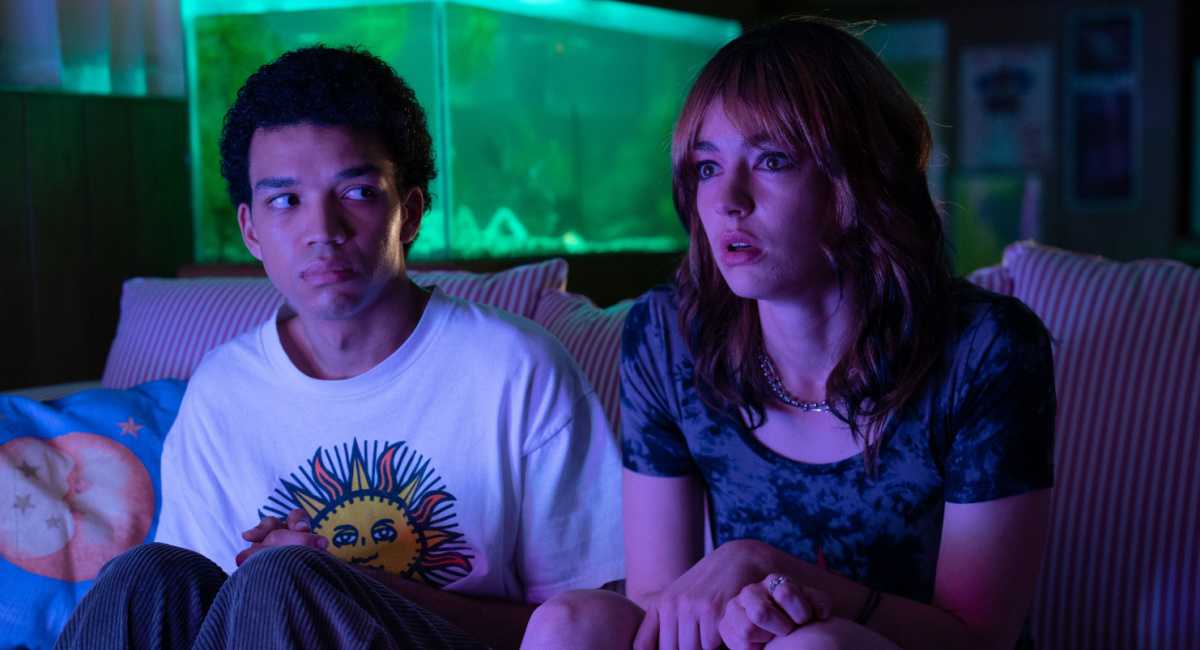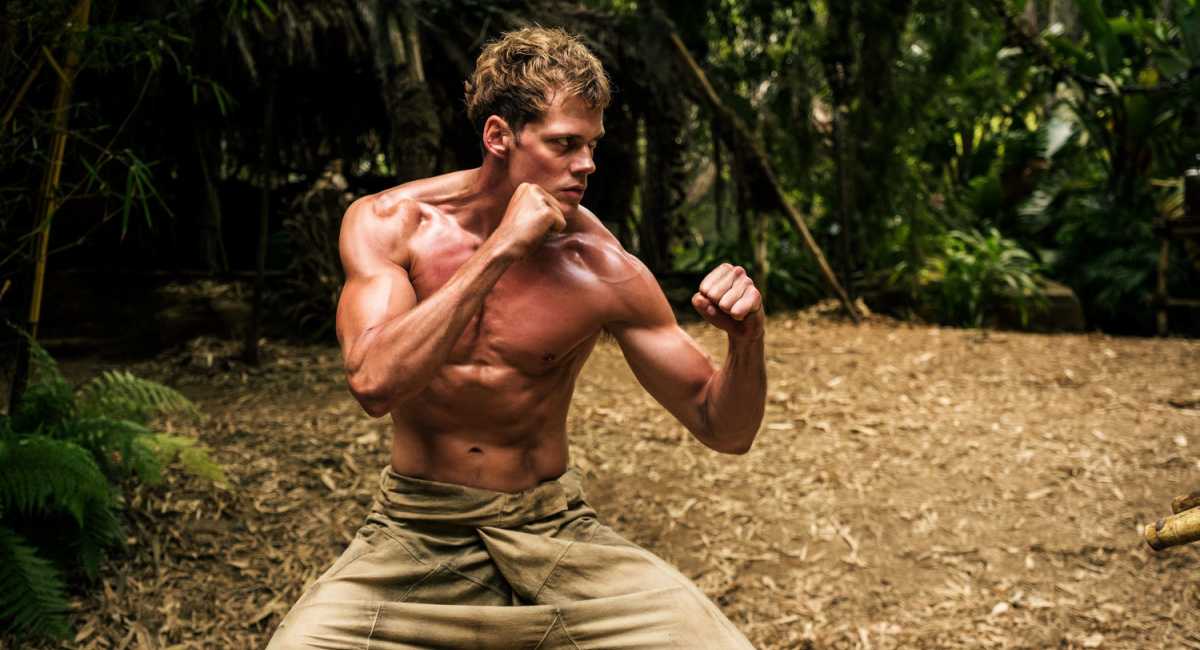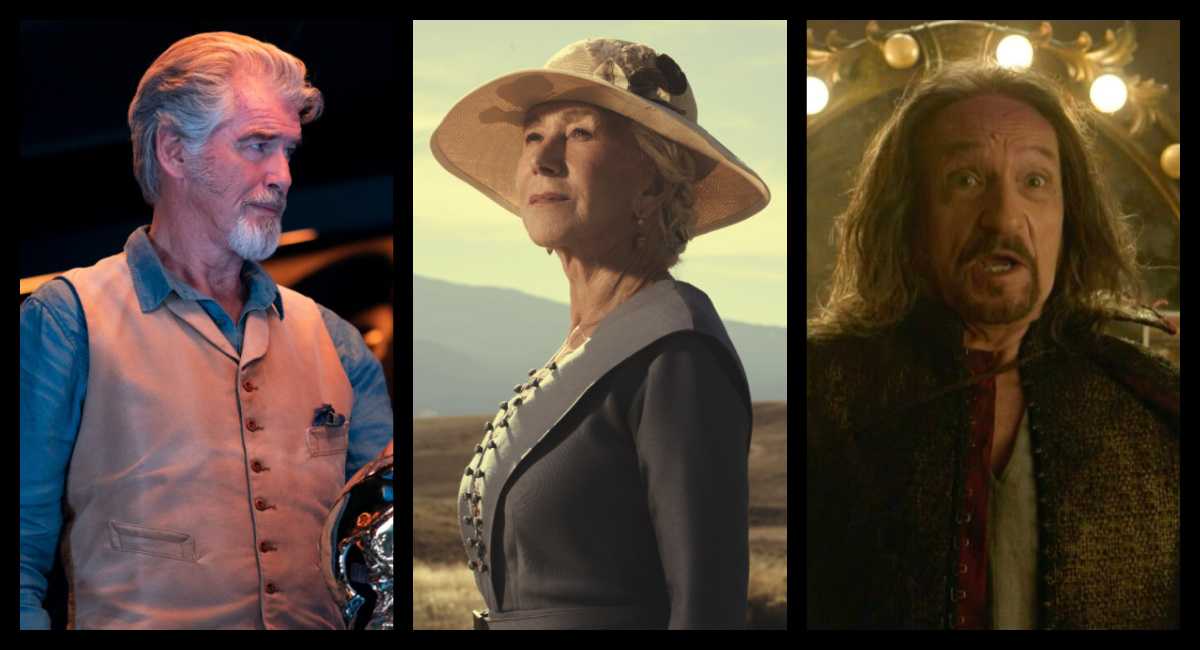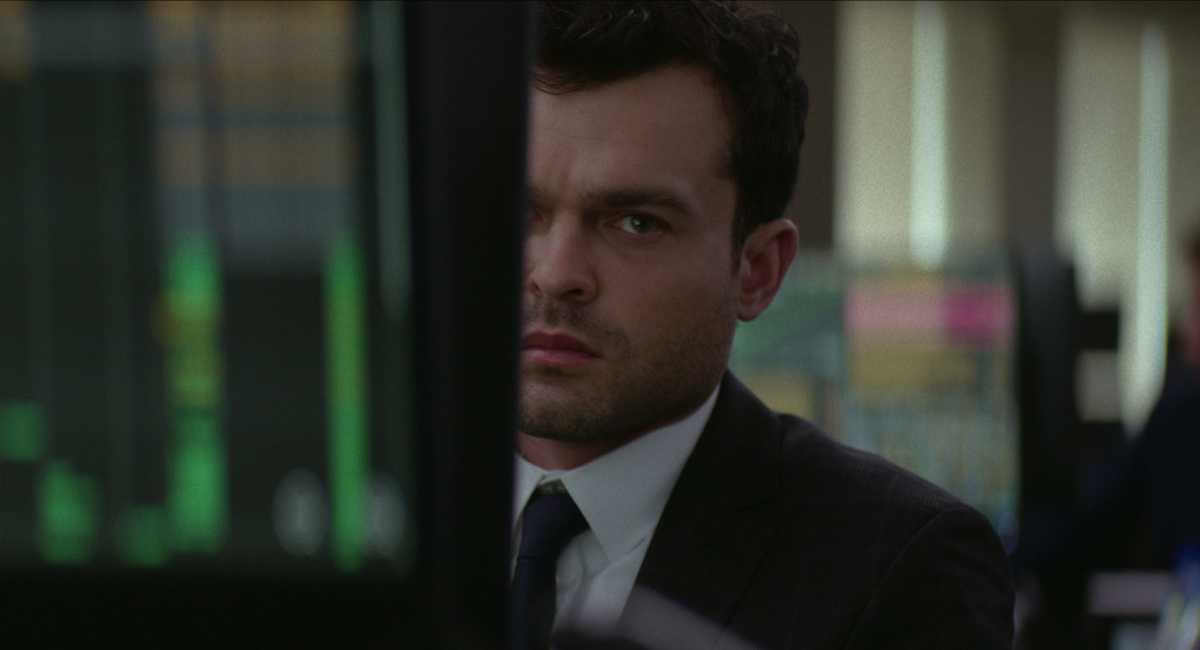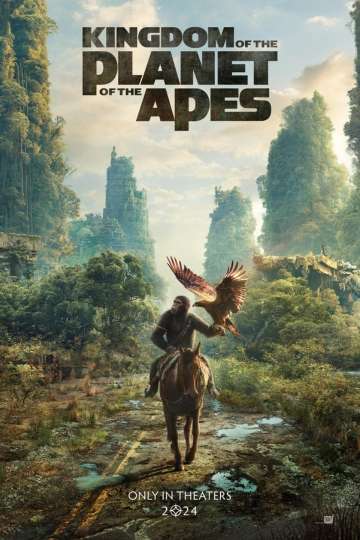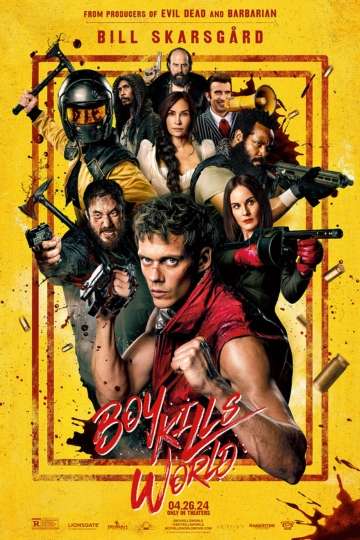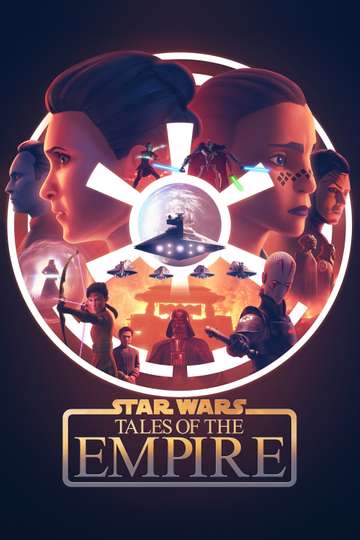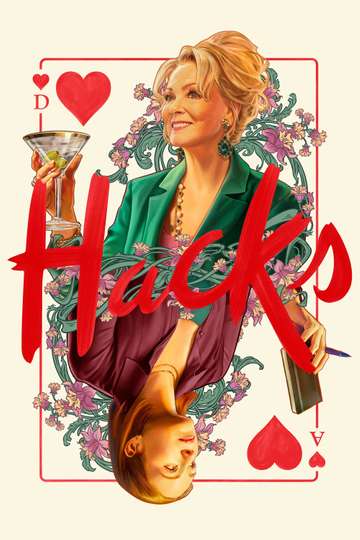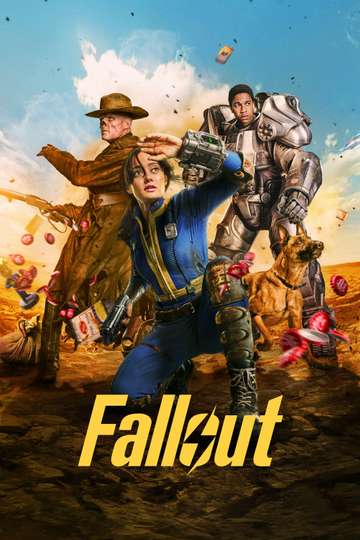'McFarland, USA' Director Niki Caro on Her Return to Hollywood (EXCLUSIVE)
Niki Caro is one of the more fascinating filmmakers working today. The New Zealand native made a splash, both literally and figuratively, with her breakout feature "Whale Rider," a tender fairy tale laced with subtext about female empowerment and the cultural subjugation of women the world over. She followed it up with a brassy Hollywood debut, with the "Norma Rae"-esque "North Country" (starring Charlize Theron), before returning to New Zealand to direct another small film.
Now she's back, with the tremendous "McFarland, USA," a Disney based-on-a-true-story sports movie starring Kevin Costner as Jim White, a coach who, in the late '80s, led a group of inexperienced Latino kids to become champion cross-country runners. It's a typical Disney sports movie -- full of grit and hardwork and determination, but with a wonderful cultural specificity and gorgeous (35 mm!) photography.
We sat down with Caro (who, it should be noted, was rocking some amazing rings) and talked about what brought her back to Hollywood, why this story was so important, whether or not the movie had more of a feminist bent before the final cut, and if her adaptation of "The Zookeeper's Wife," starring the lovely Jessica Chastain, is still next on her docket.
Moviefone: Why come back to Hollywood?
Niki Caro: Because I was inspired by this story. It's as simple as that. I'm not useful for a lot of Hollywood movies. My agent despairs, she says there's only about three percent of actual product in this industry that I am useful for. But this was one.
What about this story spoke to you?
Look, it would have been more than enough -- Jim White, that team, and what they achieved. And obviously that legacy that they have left and will endure. If that wasn't enough to inspire me to make a movie, it was, for me, personally, the people. I was profoundly unaware of what life is like for immigrant field workers and I am astonished, impressed, absolutely floored by their endurance, and I felt very privileged to be in that world for a little while and appreciate the contribution they make to this country, which is undeniable. When I wrote that speech for Kevin -- "You guys are superhuman..." They freakin' are! There is not a piece of lettuce in a burger that has not been picked by somebody there. Central Valley contributes seventy-five percent of the fresh food to this country. It's not picked by a machine, my friend! It's picked by people like you and me. But a lot tougher.
What was it like working with actors as seasoned as Costner alongside relative unknowns?
It's been mentioned to me a couple of times today that I've taken a big risk on kids who have never acted before. And I don't. I take casting very, very seriously and I take equally seriously my instinct for who can be great. I need no instinct to know that Costner or Maria [Bello] are going to be great but with these kids we had to cast unknowns because there's just not a deep enough pool of Mexican teenage boys that can act and run really fast. There's just not. There's one. And we had to teach him to run. So we did huge open calls, saw thousands of kids, and I knew when I had my seven -- and I had to fight for some of them -- that I had gold. I knew they had the goods, I knew I had the goods and I came to appreciate that Kevin Costner was not just going to be magnificent on screen, but off screen as well, supporting those boys and allowing them to have confidence to stand with him on set. It was perfect.
The movie has such an amazing cultural specificity. Did you have to fight for that?
No. We shouted it from the rooftops. Disney wanted that as much as I wanted it, they backed me one-hundred-and-fifty percent.
Your previous movies have a decidedly feminist bent. And when reading about this story, I discovered the Maria Bello character had a much stronger connection to the team than she does in the movie. Was there any inclination to bring that to the forefront?
Of course there was. When I watched it assembled, every scene, it was three and a quarter hours long. Something had to go. And it was very clear to us that no matter how magnificent Maria and the whole family story was, where the gold was was the boys. That was the more dynamic story. Unfortunately, you can look at the DVD extras. It's not that there wasn't great work but the movie couldn't be three hours long.
The "Disney sports movie" is its own genre now. Do you like these movies and was there any pressure to live up to what had come before?
Disney sports movies, particularly the films of the past ten years, are all made by the same producers, who produced this. For me, the sports was the least attractive of all the attractive elements. If I had to put all the elements in order, it wasn't the sports that drew me to this -- it was the people, the culture, the expression of family, of community, of home. Although shooting the sports was extremely cool because it was so cinematic. It's the body in motion but you can also take them to amazing landscapes.
I was going to ask you about the look of the movie. It's absolutely stunning. How did you develop that?
Well Adam [Arkapaw], the DP, is a very young Australian guy. This was his first big movie. He had shot Jane Campion's "Top of the Lake" in New Zealand. And when I saw that, I thought that he really gets it. Because he didn't shoot New Zealand like a chocolate box -- very picturesque, which it is. Instead, he really got under it and found that sense of place and that's what I demand from all of my photography. It's as it is but we light it up, we make it as beautiful as it can be. We wanted to photograph McFarland as a very hostile place when Jim White first gets there. And over the course of the movie, it begins to feel like home and he did that. The other big thing was that we were one of the few films allowed to shoot in California. Go Disney! They stood by their whole authentic, specific thing, and allowed us to shoot in California even though it's more expensive. The other thing is that we shot on film. What Adam was he ran the numbers and he said, "Look this is how much it's going to cost to shoot digitally, this is how much it will cost to shoot film." Oh! It's the same! So they took film. It's a very subtle thing but it's the dust in the air, it expresses that place better than a digital camera can.
Has there been any movement with "The Zookeeper's Wife"? Is that still the next thing for you? And Jessica Chastain is still attached?
Yes. There is a lot of movement, a lot of forward momentum. I am pinned to the back of my chair actually. It's going to be amazing.
"McFarland, USA" is in theaters now.



